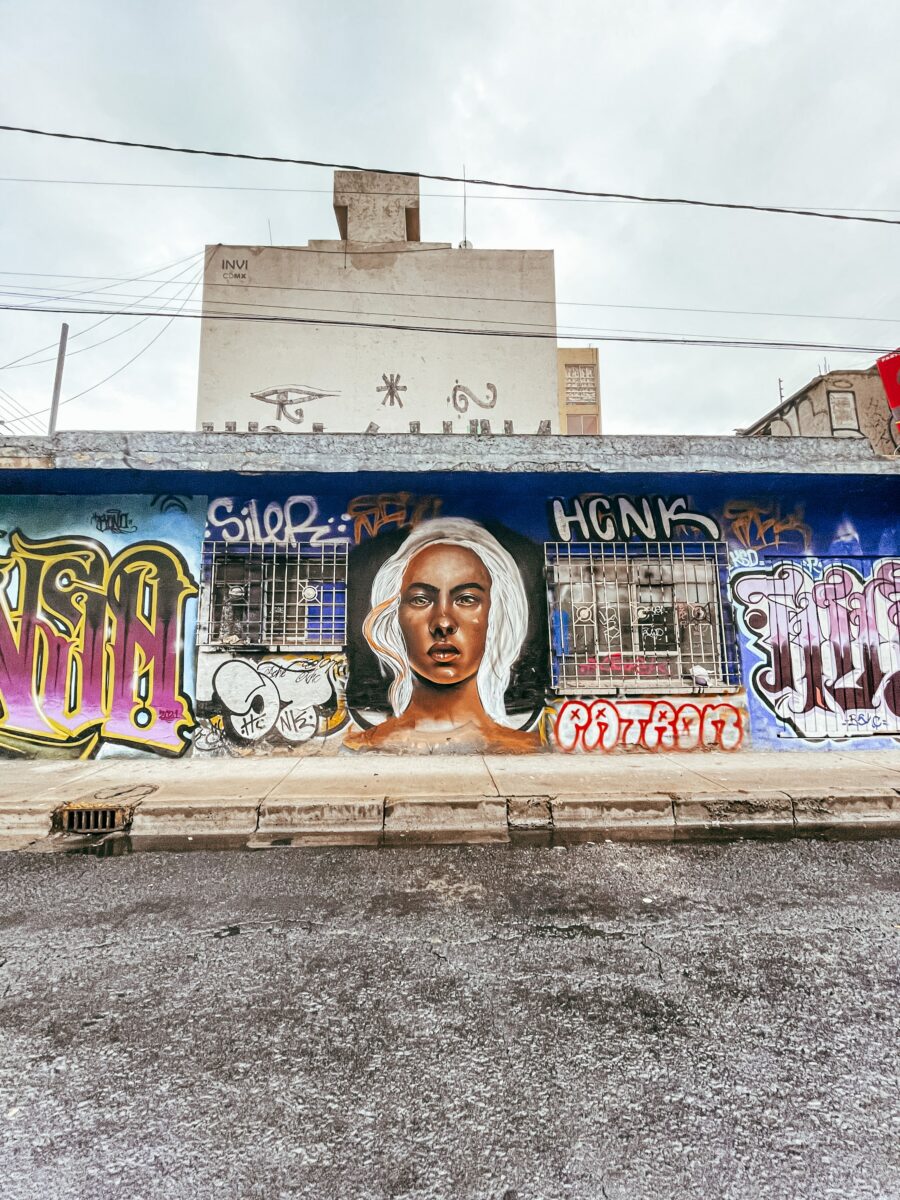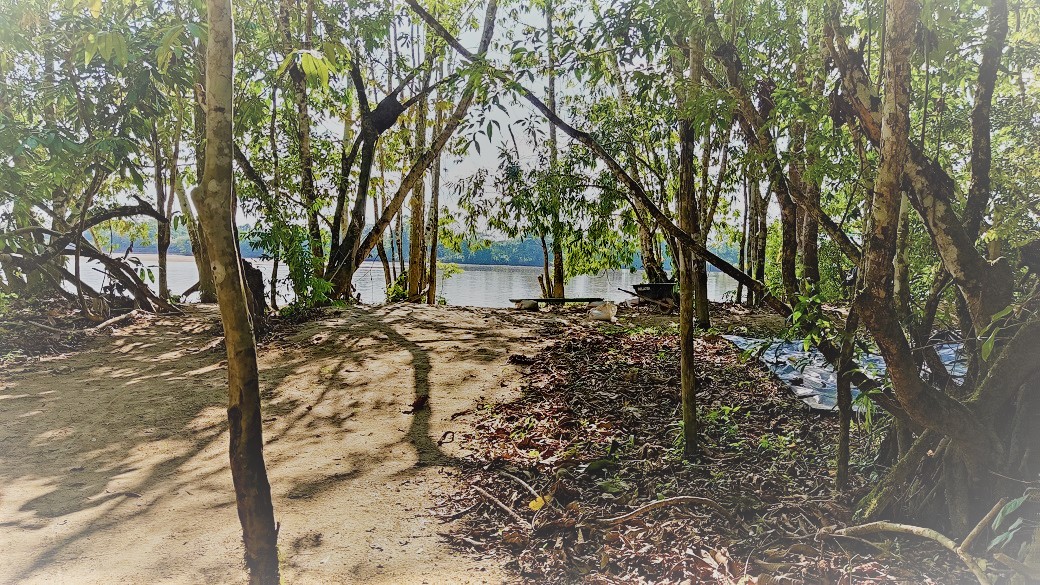‘Absolutely everything is cross-cut by gender. We have to include more men in the debate’

By: Valentina Figuera Martínez, coordinator of the Gender Justice and Forests Campaign
What does it mean to be men? Why are there so few of us in this workshop? How can we work on gender within our organizations and communities? What does the care economy mean to us?
These were the questions raised by Rafael Vera of UNICAM, a GFC member group in Argentina, at the start of an online discussion hosted by the Gender Justice and Forests Campaign on June 22. He spoke slowly as he reviewed his notes. A group of women listened attentively and nodded, agreeing with him about the invisibility of gender inequalities in political advocacy spaces.
Rafael was addressing GFC member organizations from Latin America and the Caribbean to share the reflections that emerged during a previous workshop exclusively for men about gender and feminism. Together, they spoke about what it means to defend their local territories and communities, and how they understand the care economy and the challenges of being men within spaces of feminist struggles.
“We began the discussion starting from this baseline idea: gender cross-cuts everything. We agreed that absolutely everything is cross-cut by gender,” Rafael said during the most recent meeting. They identified several challenges for including the issue of gender in debates on the defense and protection of forests and territories, such as institutional support for machismo and the reproduction of capitalism that undermines feminist struggles.
“The proposal emerged that we have to encourage reflections that help us to get out of that oppressive capitalist system, face the demands that will arise in relation to diversities,” he said.
Participants also discussed how to work on gender issues and the need for consistent joint capacity-building to strengthen the gender perspective within the different organizations. “If we do activism in a feminist space, that also triggers what happens to us internally as men, and so we talked about practices to create direct change. We have to include more of our male comrades in the debate,” she emphasized.
Changing the patriarchal system that imposes set gender roles on us is a continuous and intensive task, Rafael said. It requires questioning the sexual division of labor, the colonial imposition of gender, the racialization of social relations, homogenous categories, the current model of economic growth, as well as the asymmetries in the participation of women and gender non-conforming people in spaces of power and decision-making.
As Rafael’s intervention progressed, the women continued to listen actively, some bringing their hands to their mouths to take sips of mate.
Johanna Molina of Colectivo VientoSur in Chile said: “Having these conversations, and then sharing them in a mixed space like this, allows us to strengthen our gender work. We understand that someone has to lead the space. I invite you to delve deeper into these concerns that arise for you. We are aware that there is a colonialist, patriarchal, and extractivist system that has been imposed on us, where certain roles have been determined for one and the other, which make other aspects very relevant to sustain life invisible.”
Johanna invited participants to continue problematizing and building collective responses to inequalities, to reflect on realities such as women’s “time poverty” due to their unpaid domestic and care duties, which fosters asymmetries. “Women and gender non-conforming people are much more in touch with the sustainability of life on a daily basis. Not because of an essentialist question, but because it has historically fallen to us to assume that role. In that sense, we are permanently engaged in developing all those activities, actions and relationships that allow us the sustainability of life. These spaces help us to bring together these visions, which are different but also converge, and to resolve them.
Giomar Rodríguez of the Frente Ecosocialista por la Vida in Venezuela commented on the importance of deepening men’s reflection in order to raise awareness and change realities. “Men are confronted with the role that colonial society has handed down to them. Many times we work on the issue of women among women, but our men are left out of these reflections and it is absolutely necessary that they be incorporated,” she said.
Together, the group continued to reflect on what men are doing–and what they are not doing–to change gender relations and transform masculinities. During the meeting, which was attended by organizations from Argentina, Bolivia, Chile, Colombia, Paraguay and Venezuela, Lisa Meyer, from Centro de Estudios Heñói, gave a summary of the workshops organized by the steering committee of GFC’s Gender Justice and Forests Campaign in 2022. She highlighted the main concepts that emerged, such as food sovereignty, resistance, equity, defense of territory, adaptation, and memory.
The next meeting will be an exchange and planning session with other organizations in the region to be held during the second half of 2023 to discuss work on territorial dispossession and the corporate co-optation of international spaces on climate change.
Photo by Maria Fuentes










